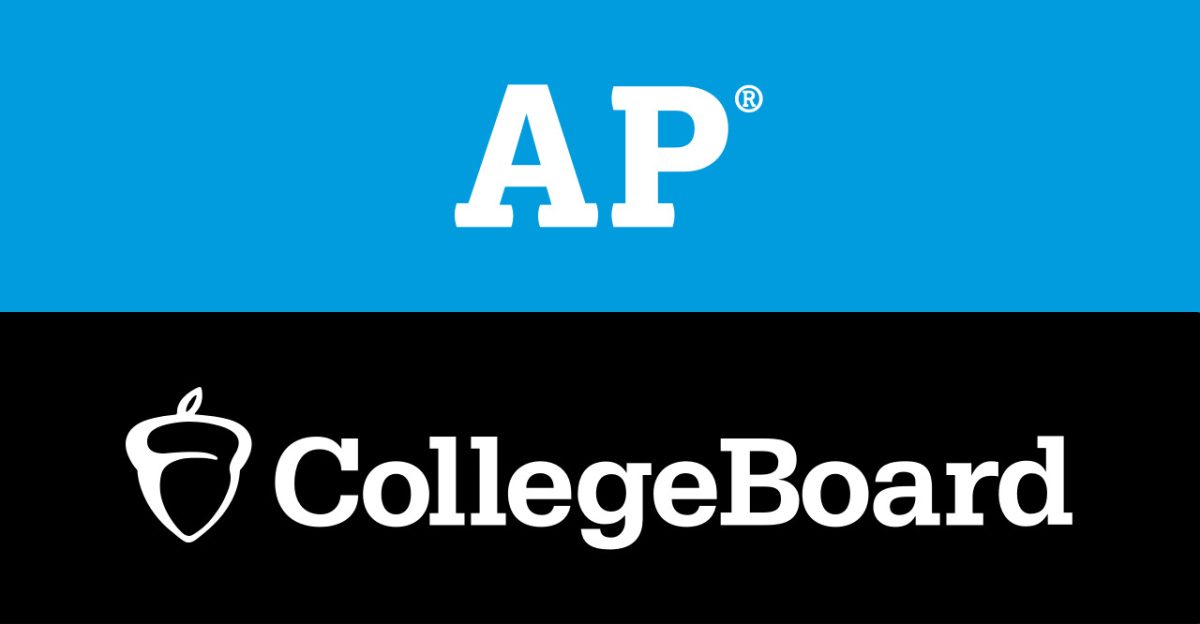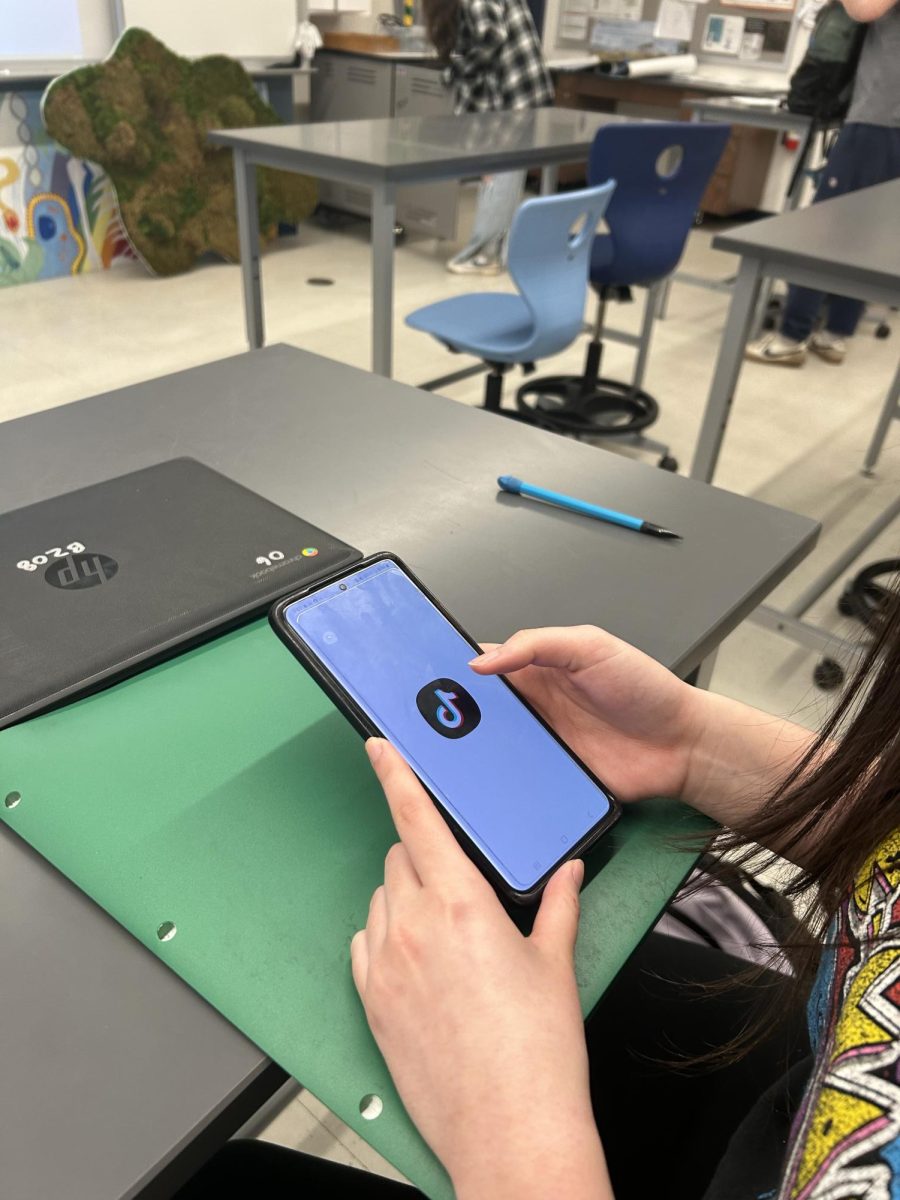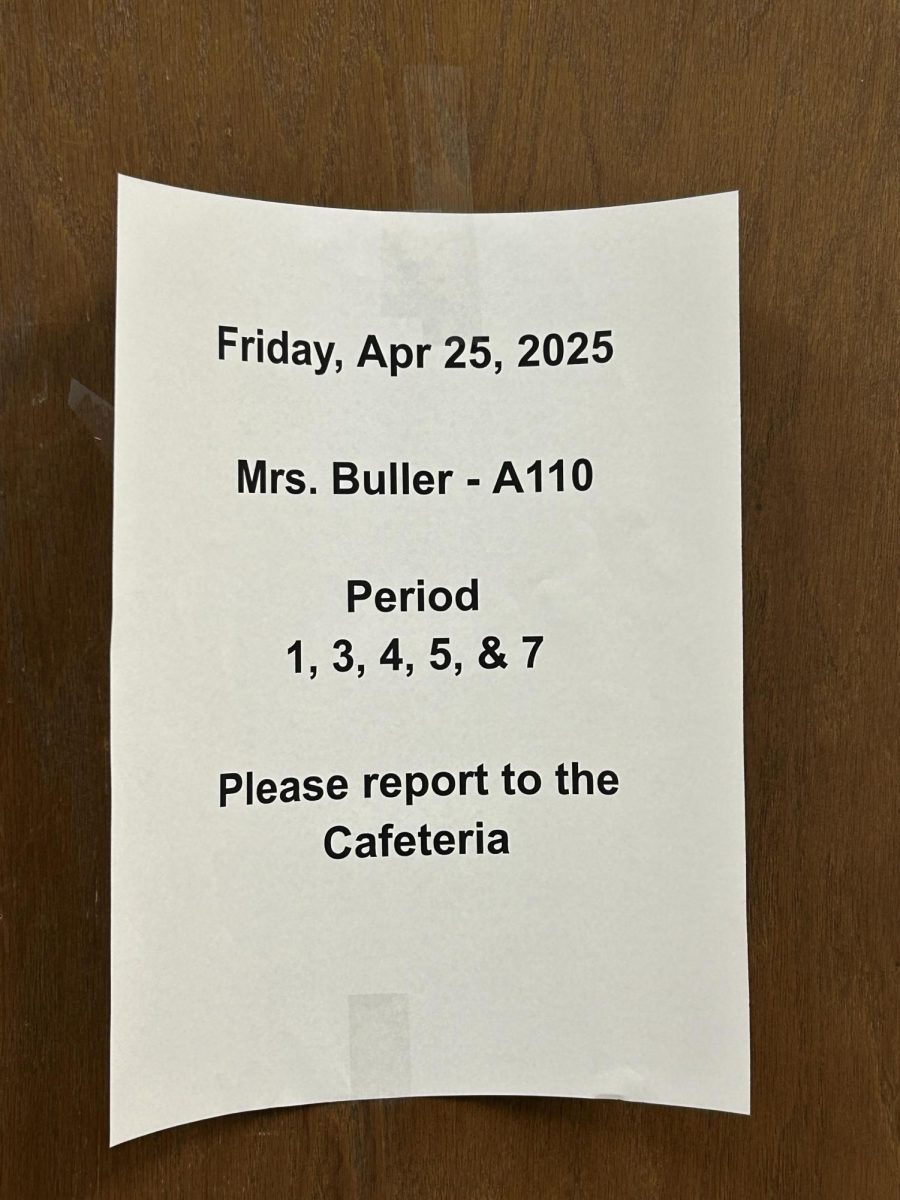In May 2023, Surgeon General Dr. Vivek Murphy stated that screen time and social media use pose a “profound risk of harm” to teens and kids. Still, data collected in Nov 2023 by Hall journalists suggests that excessive use of screens does not adversely affect academic performance among students.
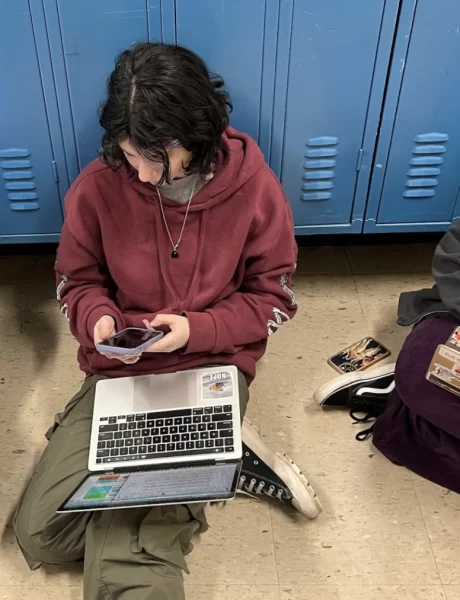
(Daniel Cattelan)
David Lu, a senior at Hall who has taken 13 Advanced Placement (AP) courses, averages a daily screen time of nine hours per day. “Every waking hour of the day that I’m not sleeping, I have a phone out. Usually gaming, browsing Reddit, or making/listening to music,” he says. Despite this, Lu manages to maintain a GPA above 4.0. He is the leader of two clubs, one of which he created himself.
Conversely, Peter Rosa, another senior, averages around three hours per day. “Today, it is an hour and six minutes. Yesterday, it was four hours and 21 minutes.” Rosa does not take AP classes but uses his phone less than Lu, suggesting that high screen use is not synonymous with low academic performance.
Notwithstanding, Murphy’s warnings about screen time appear to be grounded. Kids are becoming addicted to their phones, and their screen time increases yearly. A study by the global research company Gallup in October 2023 found that 51% of teens aged 13-19 spend at least 4 hours per day on their phones, with the average screen time being 4.8 hours per day.
Dr. Boucher, one of Hall’s psychology teachers, voiced his concerns regarding screen time. When asked how it affected teens’ mental health, he said, “Badly. I mean, maybe not entirely badly. I think it depends on what they spend their time on their screen doing.” When asked the same question regarding social media, he
explained, “…young women’s mental health has dropped significantly since the invention of the iPhone. Largely as a result of looking at the other people who seem to look better and have better lives than they do.”
The App Store has many social media and apps that people can download based
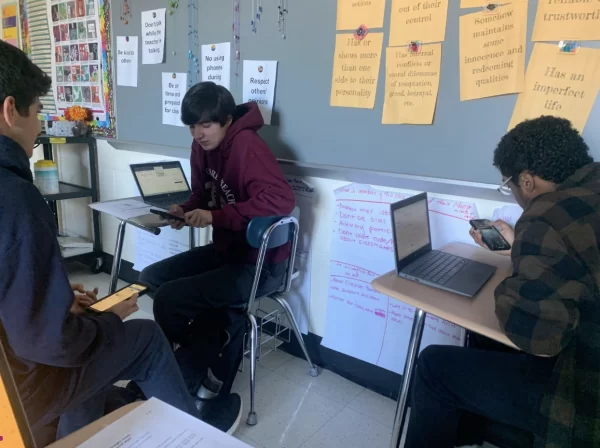
on their interests. People who like socializing with friends and taking pictures download Instagram or Snapchat. You can post and follow whatever accounts you want and match your interests so you can find what you like and spend hours on that a day, but there can be dangerous consequences.
For example, Snapchat, a social networking app, can negatively affect the minds of young users all over the country. Due to the nature of the app, it’s far too easy to come by adults who want to prey on children who use the app inappropriately or who want to bully their peers, which could very quickly happen because of the disappearing messages feature. Once you send a message, it can either disappear the moment you slide away from the conversation, or you can press the message to save it.
Similarly, when people send pictures on Snapchat, they can’t view them again depending on the setting the other person puts on the picture manually, making it very easy to take advantage of young users without any evidence left behind unless a screenshot is taken. Screenshots are shown in the chat, which may make it uncomfortable for kids to take screenshots of anything, fearing the other person will be upset or uncomfortable. All of which can affect your school performance.
Like anything, the use of screens comes with its pros and cons. Students can use devices to study for school subjects. They can use Khan Academy to study various subjects. ChatGPT can be used to study history. And social media can be used to connect with peers. However, they can be distracting and cause students to procrastinate. “Studies have shown that excessive screen time may lead some teens to neglect responsibilities, use screens to deal with stress, and feel anxious without a device,” according to Scholastic and the National Institute on Drug Abuse.
As psychologist Edward Spector said, “And all of this technology is so new that researchers don’t yet know how it might affect the still-developing brains of teens.”Says psychologist Edward Spector, “We have an entire generation of guinea pigs in an experiment.”
Therefore, it’s hard to say whether or not screen time can affect school performance. It’s easy to condemn excessive screen time, but a lack of screen time can make one miss out on many opportunities. Perhaps the answer is right in the middle.



